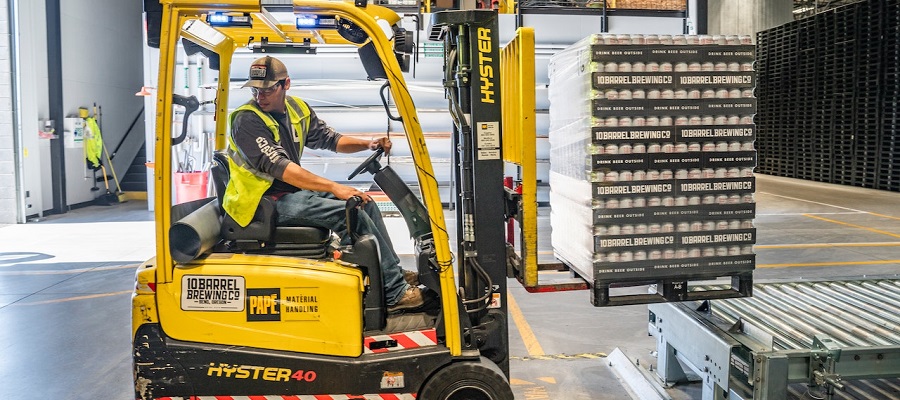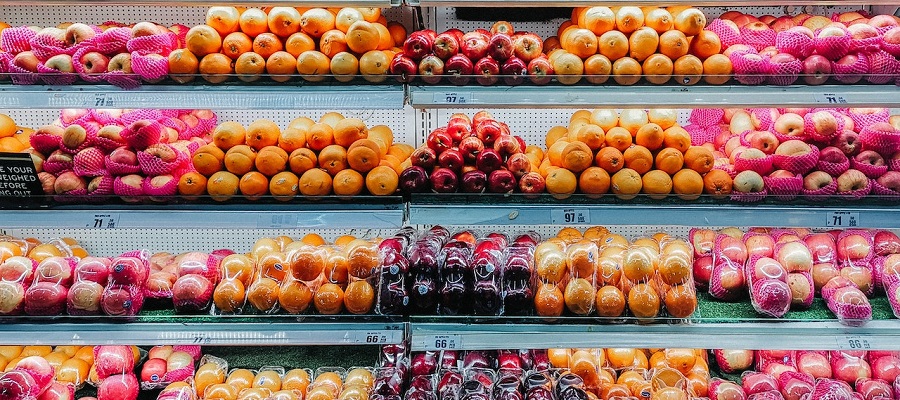The Role of Grocery Wholesalers in Storing and Distributing Food Products
Grocery wholesalers play a crucial role in the food supply chain, providing retailers, restaurants, and other foodservice establishments with the products they need to meet the demand of their customers. But how do these wholesalers store and distribute their products? In this article, we'll explore the various ways that grocery wholesalers store and distribute their products and the factors that influence these decisions.
Warehousing and Distribution Centers: Key Components of a Grocery Wholesale's Storage and Distribution Strategy
One key component of a grocery wholesale's storage and distribution strategy is their warehousing and distribution centers. These facilities are typically large, specialized buildings that are designed to store and distribute a wide range of food products. They may include a range of features such as refrigerated and dry storage areas, loading docks, and conveyor systems to help facilitate the movement of products.
Grocery wholesalers may have their own warehousing and distribution centers, or they may rent space in third-party facilities. The specific size and layout of these facilities will depend on the needs and scale of the wholesale business and the types of products they offer. For example, a wholesale business that specializes in fresh produce may need a larger refrigerated storage area, while a business that primarily sells non-perishable items may require less specialized storage facilities.
Transportation: Moving Products from the Warehouse to the Customer
In addition to their warehousing and distribution centers, grocery wholesalers also rely on transportation to move their products from the warehouse to their customers. This may involve using their own delivery vehicles, such as trucks or vans, or partnering with third-party logistics providers to handle the transportation of their products.
The specific transportation needs of a grocery wholesale will depend on a range of factors, including the type and volume of products they offer, the distance and location of their customers, and the frequency and speed of delivery required. Grocery wholesalers may also need to consider factors such as the type of transportation equipment needed (e.g. refrigerated vehicles for perishable products), the cost of transportation, and the environmental impact of their transportation operations.
Inventory Management: Ensuring an Adequate Supply of Products
Effective inventory management is another important aspect of a grocery wholesale's storage and distribution strategy. This involves forecasting demand for different products, determining the appropriate levels of inventory to carry, and monitoring and adjusting inventory levels
cost management in a grocery wholesaler store
Cost management is an important aspect of running a successful grocery wholesale store. There are several key areas of cost that a grocery wholesale store needs to manage in order to operate efficiently and stay competitive.
One important area of cost management is purchasing and sourcing. Grocery wholesalers need to ensure that they are getting the best prices for the products they purchase, while also taking into account factors such as quality, availability, and sustainability. This may involve negotiating contracts with suppliers, finding new sources of products, or using purchasing strategies such as bulk buying to get better prices.
Another key area of cost management is storage and distribution. Grocery wholesalers need to ensure that they are using their warehousing and distribution resources efficiently and minimizing costs such as rent, utilities, and transportation. This may involve optimizing the layout of their warehouses, using efficient transportation methods, and implementing inventory management systems to reduce the risk of excess or excess inventory.
Another area of cost management for grocery wholesalers is labor. This includes managing the wages and benefits of employees, as well as finding ways to increase productivity and efficiency. This may involve training programs, implementing new technologies, or implementing better systems for scheduling and coordinating work.
Finally, grocery wholesalers need to manage a range of other costs such as marketing, advertising, and insurance. By carefully managing these costs and seeking out opportunities to reduce them, grocery wholesalers can help to ensure the long-term viability and success of their


